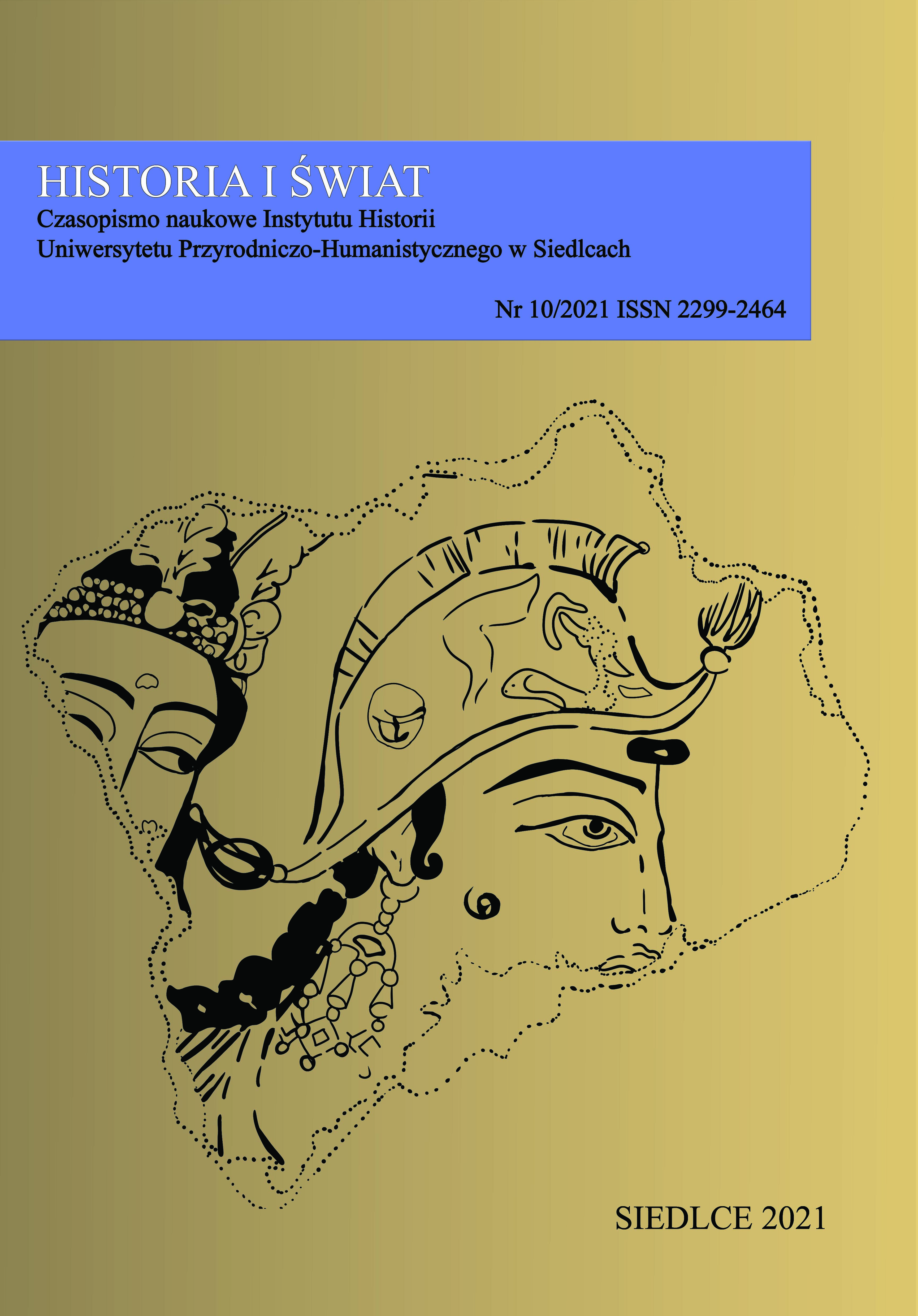The Role of the Cult of Josaphat Kuntsevych in Biała Podlaska in Creating Intercultural Space
DOI:
https://doi.org/10.34739/his.2021.10.11Słowa kluczowe:
Josaphat Kuntsevych, Biała Podlaska, Uniate Orthodox Church, interculturalism, cult of relics, Slavia unitaAbstrakt
The article describes the history of the relics and cult of Josaphat Kuntsevych in Biała Podlaska (ca. 1705-1915) in terms of their significance for the creation of cultural space. After the relics had been transported from Polatsk to Biała Podlaska, they were kept in the chapel of Radziwill Castle, and then from 1764 they were displayed in the Basilian Orthodox church. The analysis of visual forms, musical culture, and religious practices demonstrated the readiness of the Uniate community to adapt and absorb cultural phenomena. The activity of the Basilians contributed to the transmission of elite culture to the whole society. The creation of the cult did not cause barriers for any groups to act either as creators or as recipients. Josaphat Kuntsevych gained popularity among people of different social status, believers of Greek and Latin rites; he was not identified with any ethnic group or nationality.
Pobrania
Pobrania
Opublikowane
Jak cytować
Numer
Dział
Licencja
Prawa autorskie (c) 2021 Historia i Świat

Utwór dostępny jest na licencji Creative Commons Uznanie autorstwa – Bez utworów zależnych 4.0 Międzynarodowe.




